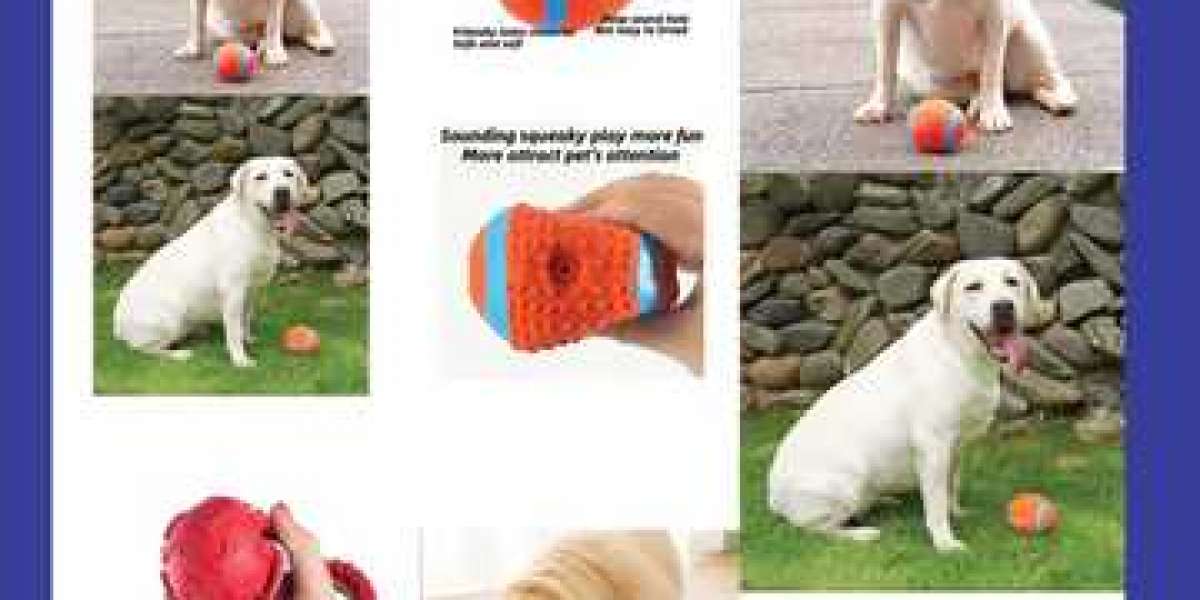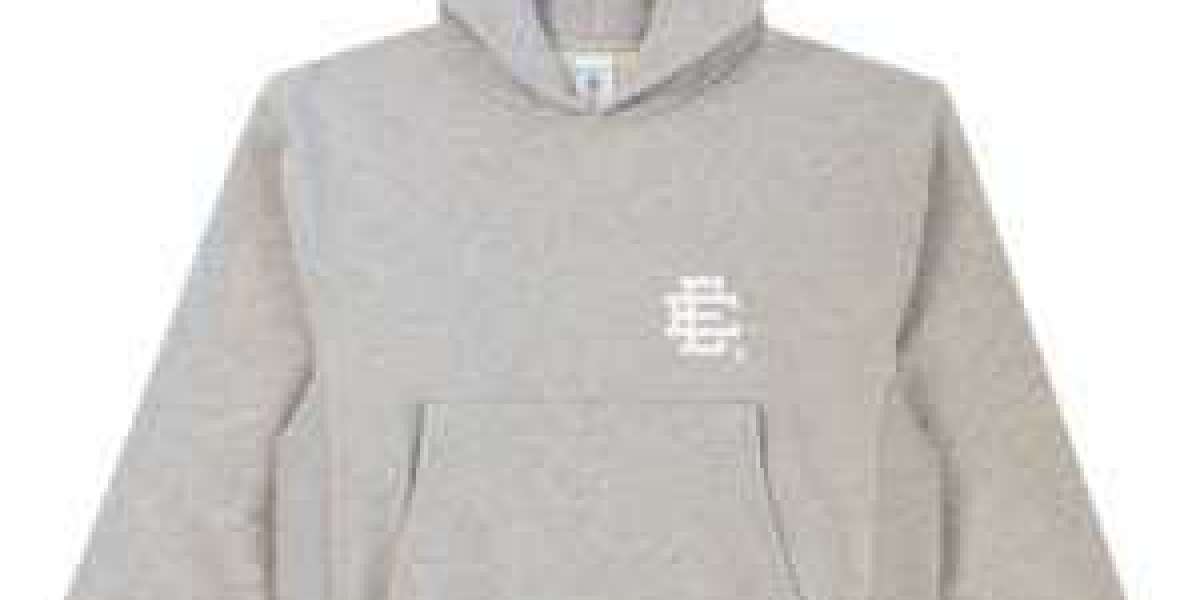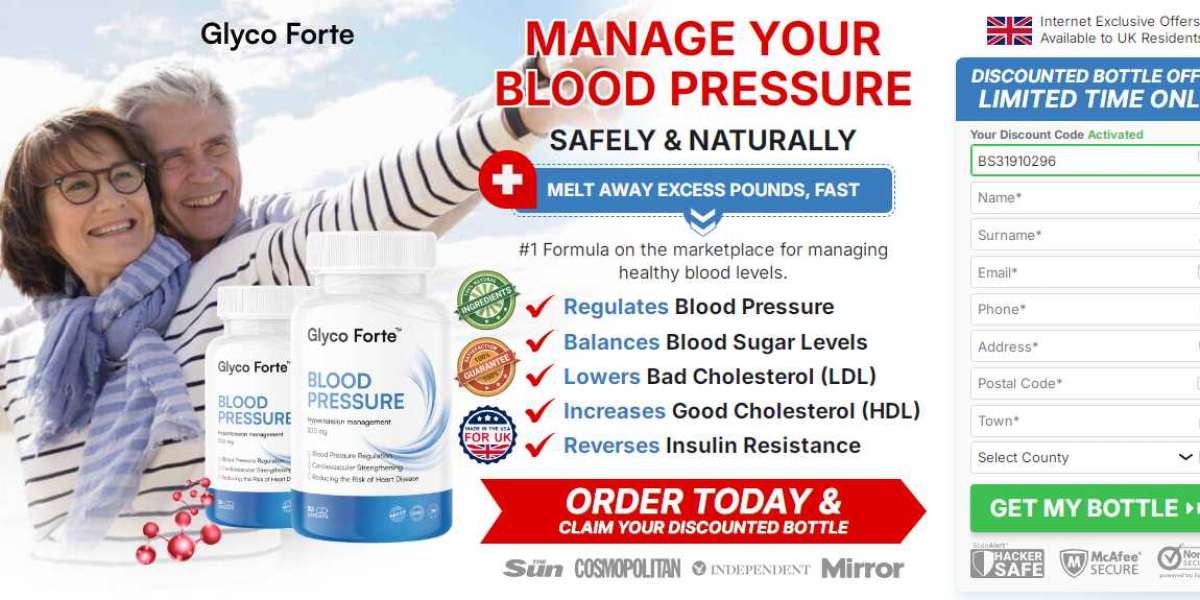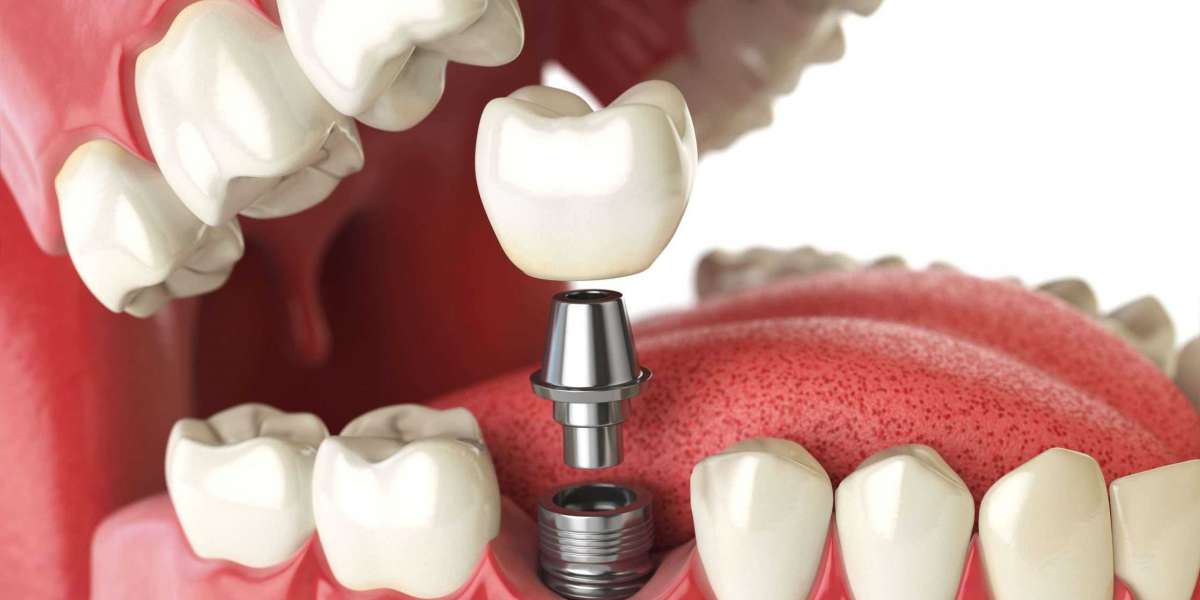Caring for a dog involves much more than providing food and love; it also includes maintaining their health, hygiene, and overall well-being. To effectively manage these needs, a variety of dog tools are available to help you with grooming, training, and health care. In this comprehensive guide, we’ll explore the essential tools every dog owner should have, highlighting their importance and usage to ensure your canine companion leads a happy and healthy life.
1. Grooming Tools
Proper grooming is essential for your dog's health and comfort. Investing in the right grooming tools will make the process more efficient and enjoyable for both you and your pet.
Brushes and Combs: Different types of brushes and combs are designed for various coat types. Slicker brushes are great for long-haired breeds, as they effectively detangle and remove loose hair. Pin brushes are ideal for preventing mats, while bristle brushes work well for short-haired dogs by distributing natural oils and adding shine. Combs, with their wide and narrow teeth, help manage tangles and maintain coat health.
Nail Clippers and Grinders: Regular nail trimming is crucial to prevent overgrowth and discomfort. Nail clippers come in scissor-type and guillotine-type styles, suitable for different nail sizes and hardness. Nail grinders are an alternative that uses a rotary tool to smooth and shape nails, reducing the risk of splintering and allowing for a more gradual approach.
Shampoo and Conditioner: High-quality, dog-specific shampoos and conditioners are vital for maintaining a healthy coat. Choose products that cater to your dog’s skin type and coat needs, whether it’s for sensitive skin, shedding control, or conditioning. Regular bathing helps prevent skin issues and keeps your dog smelling fresh.
2. Training Tools
Training tools are essential for teaching your dog obedience and good behavior. They aid in communication and reinforcement, making the training process more effective.
Training Collars and Harnesses: Training collars, including prong and shock collars, can assist with behavioral issues when used correctly and under professional guidance. Harnesses, especially front-clip ones, are useful for training dogs to walk politely on a leash by reducing pulling.
Clickers: Clicker training is a popular positive reinforcement method. A clicker makes a distinct sound that marks the desired behavior, followed by a reward. It’s an effective tool for teaching commands and shaping behaviors.
Treat Pouches: Treat pouches make it easy to carry training treats during walks or sessions. They allow for quick, accessible rewards and help keep your dog motivated and engaged during training.
3. Health and Safety Tools
Maintaining your dog’s health and safety involves various tools that monitor and protect them from potential risks.
Thermometers: A digital or rectal thermometer helps you monitor your dog’s temperature and detect fever or illness early. Regular monitoring can be crucial for detecting health issues before they become serious.
First Aid Kit: A well-stocked first aid kit is essential for addressing minor injuries and emergencies. Include items such as bandages, antiseptic wipes, tweezers, and a first aid manual. Knowing how to use these tools can be crucial in providing immediate care.
Flea and Tick Prevention: Flea and tick prevention tools, including topical treatments, collars, and sprays, help protect your dog from these parasites. Regular use of these tools is essential for preventing infestations and maintaining your dog’s health.
4. Travel Tools
Travel tools ensure that your dog remains comfortable and safe during trips, whether they’re short car rides or long journeys.
Travel Crates: A sturdy travel crate provides safety and comfort for your dog during car trips or flights. It offers a secure space for your dog and helps reduce stress while traveling.
Car Restraints: Car harnesses and seat covers protect your dog during car rides and help prevent distractions. Car harnesses secure your dog safely in the vehicle, while seat covers keep your car clean from dirt and fur.
Portable Water Bowls: Portable water bowls are essential for keeping your dog hydrated during trips. Collapsible or travel-friendly designs make them convenient to carry and use on the go.
5. Dental Care Tools
Dental hygiene is often overlooked but is crucial for your dog’s overall health.
Dog Toothbrush and Toothpaste: A dog-specific toothbrush and toothpaste help maintain oral health by preventing tartar buildup and bad breath. Regular brushing can prevent dental diseases and keep your dog’s mouth healthy.
Dental Chews: Dental chews and toys help reduce plaque and tartar while providing your dog with a satisfying chewing experience. They are a great supplement to regular brushing.
Conclusion
Equipping yourself with the right dog tools is essential for providing comprehensive care to your canine companion. From grooming and training tools to health, safety, and travel accessories, each tool plays a significant role in maintaining your dog’s well-being. By investing in high-quality, appropriate tools, you can ensure that your dog remains healthy, happy, and well-cared-for in all aspects of their life. Regular use of these tools not only enhances your dog’s comfort but also strengthens the bond between you and your furry friend.







